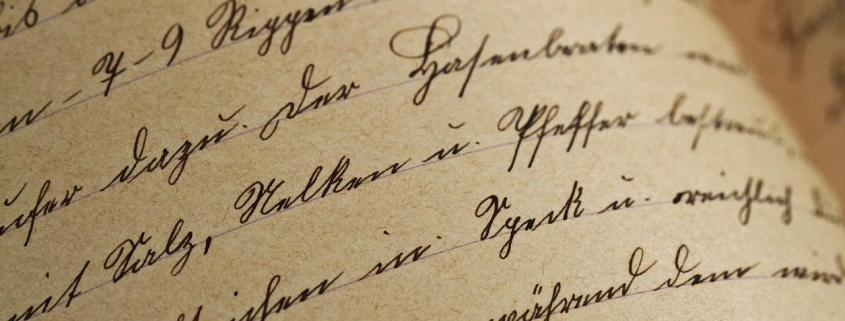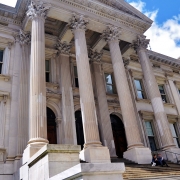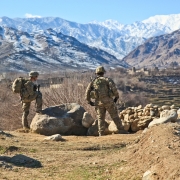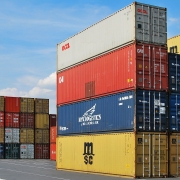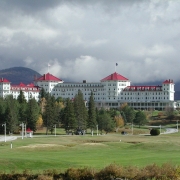What is the significance of the Geneva Accords of 1954?
Topic of Study [For H2 History Students]:
Paper 1: Understanding the Cold War (1945-1991)
Section A: Source-based Case Study
Theme I Chapter 2: A World Divided by the Cold War – Manifestations of the global Cold War: Vietnam War (1959-75)
Topic of Study [For H1 History Students]:
Essay Questions
Theme III Chapter 1: The Cold War and Southeast Asia (1945-1991): Factors shaping the Second Indochina War (1959–1975)
Historical Context
From 1946 to 1954, the French colonial power fought against the Viet Minh led by Ho Chi Minh. The United States backed the French due to fears of Communist expansion in Southeast Asia, given the Communist leanings of the Vietnamese forces.
The decisive Battle of Dien Bien Phu in March 1954 ended with the French defeat. As a result, the French withdrew from Vietnam.
The repercussions of Dien Bien Phu were swiftly felt around the world. Charles de Gaulle had always been adamant that the loss of Indochina would spell the end of the French empire.
[…] Nonetheless, Indochina’s nationalists achieved almost all their goals with the Geneva Accords of 21 July 1954. Cambodia and Laos had their independence recognized, while Vietnam was divided along the 17th Parallel. This created a formal ceasefire line, which accepted communist control of the north but not the south. Washington was far from happy with this latter concession. To some, it looked like Korea all over again.
An excerpt from “Dien Bien Phu (Cold War 1945–1991)” by Anthony Tucker-Jones.
The Geneva Conference
On 26 April 1954, the United States, Soviet Union, People’s Republic of China, France and Great Britain gathered in Geneva, Switzerland to discuss the future of Indochina and outstanding matters from the Korean War that ended in an armistice a year ago.
In July, the Geneva Agreement were signed. There were three key takeaway points from the Agreement:
- The French withdrew their forces from northern Vietnam
- Vietnam would be divided at the 17th Parallel temporarily
- Elections to be held within two years to select a president and reunify Vietnam
The Conference declares that, so far as Viet-Nam is concerned, the settlement of political problems, effected on the basis of respect for the principles of independence, unity and territorial integrity, shall permit the Viet-Namese people to enjoy the fundamental freedoms, guaranteed by democratic institutions established as a result of free general elections by secret ballot.
An excerpt from the Geneva Agreements, 20-21 July 1954.
Ho Chi Minh signed the agreement, but not the United States. Some American officials expressed concerns that the election outcome may not be in their favour, given Ho’s popularity. As such, the US government propped up an anti-Communist government in South Vietnam.
In October 1956, the Republic of Vietnam was proclaimed by President Ngo Dinh Diem, who replaced the French-backed puppet Emperor Bao Dai.
Shortly thereafter, the [Eisenhower] administration affirmed its commitment to the containment of communist influence in Southeast Asia by signing the Manila Pact, which provided for the creation of the Southeast Asia Treaty Organization (SEATO). Fatefully, it also began a comprehensive aid program, jointly with the French at first, to prop up the regime of Ngo Dinh Diem in Saigon as a bulwark against communist expansion in Vietnam. Soon Americans were training Diem’s fledgling armed forces and becoming otherwise more directly involved in Indochina.
An excerpt from “Hanoi’s Road to the Vietnam War, 1954-1965” by Pierre Asselin.
What can we learn from this article?
Consider the following question:
– How far do you agree that political factors were most significant in influencing the start of the Vietnam War in the 1960s?
Join our JC History Tuition to learn more about the Vietnam War, Korean War and Cuban Missile Crisis. The H2 and H1 History Tuition feature online discussion and writing practices to enhance your knowledge application skills. Get useful study notes and clarify your doubts on the subject with the tutor. You can also follow our Telegram Channel to get useful updates.
We have other JC tuition classes, such as JC Math Tuition and JC Chemistry Tuition. For Secondary Tuition, we provide Secondary English Tuition, Secondary Math tuition, Secondary Chemistry Tuition, Social Studies Tuition, Geography, History Tuition and Secondary Economics Tuition. For Primary Tuition, we have Primary English, Math and Science Tuition. Call 9658 5789 to find out more.

